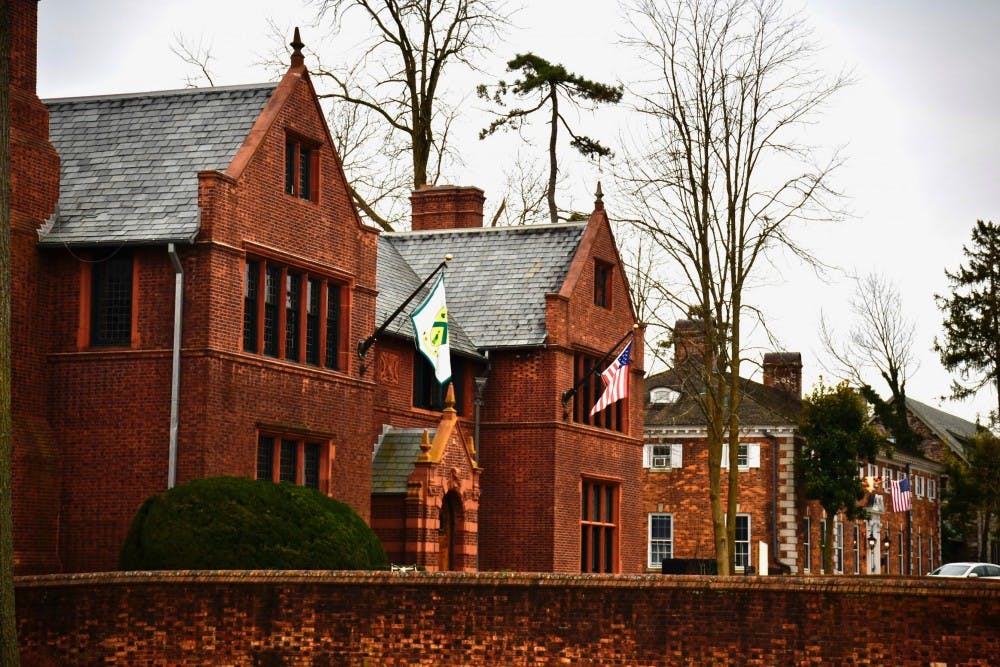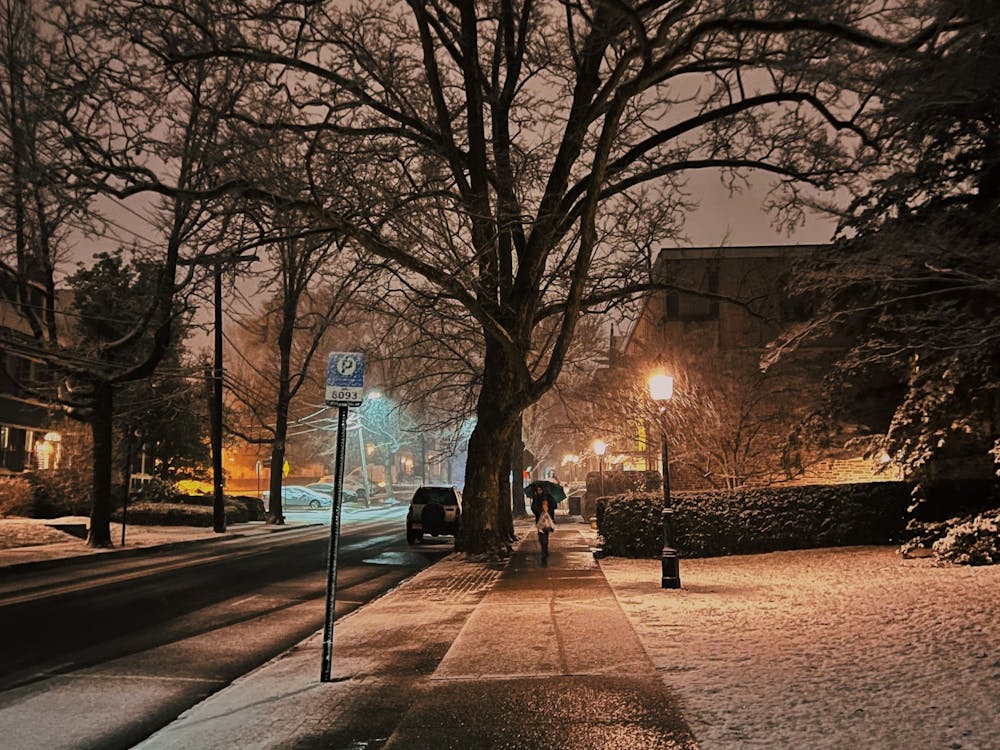The opening of the ‘Street’ each year almost feels like a ritual: students wait in long lines to enter the clubs, sometimes for the first time, mingle over cheap beer on crowded dance floors, and occasionally end the night at McCosh. This year’s reopening, while delayed, was no exception. Hordes of students lined up outside of Colonial and Quad over the past two weekends. Some were lucky enough to get in, while others waited — possibly for hours — before giving up or being asked to leave.
I found something deeply problematic about the scene outside of Colonial as I watched from across the street. It wasn’t the crowd itself or the excitement surrounding the Street’s reopening. Rather, I was disturbed by the desperation I saw. I believe this desperation is the product of a campus culture that does not prioritize mental health and well-being.
Princeton is a high-intensity environment. Classes demand a lot of our time and energy. Extracurricular commitments can approximate part-time or full-time jobs. Planning for post-graduation plans or careers is often a four-year-long project. We need activities to defuse stress from our academic and non-academic ‘work’ lives. The answer is often partying: we match the intensity of our work lives with equally intense social lives that can become centered around ‘pregaming’ or going to the Street. While Princeton is far from a party school, these types of activities become a psychological necessity for many. We wait in hours-long lines, sometimes being pushed by other students or reprimanded by bouncers, to get into a club because we may feel that it is our only chance to escape the pressures of life here.
What if we took more proactive steps for our mental health? We could set aside blocks of time during the week for ourselves, make time for friends, be conscious about how much work classes will require when selecting courses, and develop active hobbies. Julia Chaffers writes, “Don’t be afraid to hit pause and gather yourself. You can only enjoy all that Princeton has to offer if you do so.” While more intense social activities like partying can be a part of our lives, they shouldn’t be our only relief from stress or replace actual self-care.
The University also has a role to play. Princeton experienced a mental health crisis on an unprecedented scale in the spring as students faced the academic expectations of a typical semester without meaningful opportunities to destress: spring break lasted two days and gatherings were heavily restricted. As a result, we saw the highest-ever recorded utilization of Counseling and Psychological Services and forceful calls by students for professors to adjust their expectations of students. If the University sets high academic standards and restrictions on student activities, it must also take responsibility for our mental health. This semester, that could mean providing more robust social programming for first-years and sophomores, whose opportunities to meet each other are still restricted compared to past years, or providing extra support to clubs whose plans have been disrupted by travel restrictions.
The intensity of life at Princeton and relative isolation of campus can be stifling, and it may feel that the only escape is a pregame or a night out. However, if students and the University do more to prioritize well-being, it doesn’t have to be that way.
Allen Liu is a senior from Chattanooga, TN. He can be reached at afliu@princeton.edu.








